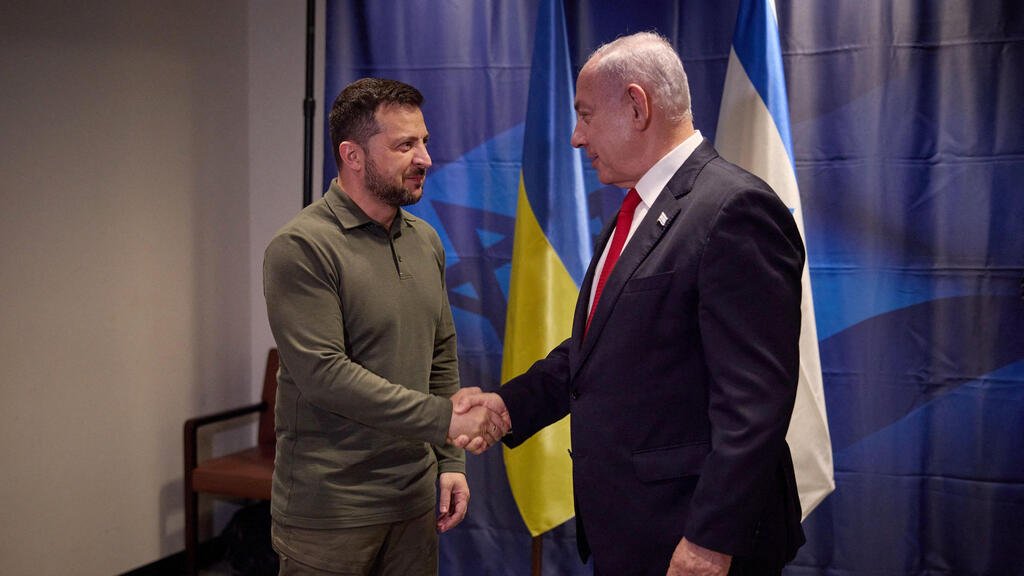on Monday in voting against a United Nations General Assembly resolution marking the third anniversary of . The resolution, initiated by Ukraine and the European Union, called for upholding Ukraine’s sovereignty and territorial integrity, an end to hostilities, and a peaceful resolution to the war.
The measure passed with 93 countries voting in favor, while 65 abstained. Eighteen nations, including the U.S., Russia, Hungary, Nicaragua, Sudan, Mali, the Marshall Islands, Haiti, Eritrea, Niger, and Palau, voted against it.
This marked the first time since the war began that both the U.S. and Israel voted against Ukraine at the U.N., reflecting a significant shift in American policy following former President Donald Trump’s recent harsh criticism of Ukrainian President Volodymyr Zelensky and his alignment with Russia’s stance.
Until the last moment, it was unclear how the U.S. would vote, and Israel ultimately aligned itself with Washington. However, Israel was among the few countries to do so, along with its allies Hungary and several Pacific nations. Meanwhile, North Korea and Russia also opposed the resolution.
Since the war began, Israel has publicly supported Ukraine’s territorial integrity and even attempted to mediate between Kyiv and Moscow. Then-Prime Minister Naftali Bennett traveled to Moscow in an effort to broker peace. While Israel has backed Ukraine and provided assistance—mainly protective gear such as helmets, bulletproof vests, and gas masks—it has refrained from supplying offensive weapons, citing concerns over straining ties with Russia.
Israel has also shared intelligence with Ukraine regarding Iran’s military support for Russia, particularly the supply of attack drones. However, Kyiv has repeatedly pushed Israel to increase its aid by providing offensive weapons—a request Israel has resisted. Recent reports suggested that Israel transferred Patriot missile defense systems to Ukraine, but it was later clarified that the systems were first sent to the U.S., which then delivered them to Ukraine.
Despite occasional tensions over military aid, Ukrainian public opinion has largely sympathized with Israel, particularly after the Oct. 7 Hamas-led attacks. Many Ukrainians have expressed a sense of shared fate with Israel in their struggles against external threats.
